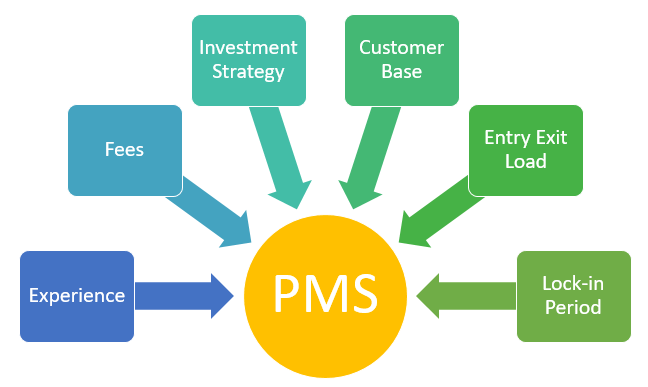Unraveling the Security Blanket: Understanding TPD Insurance
When life takes unexpected turns, it’s essential to have a safety net that ensures your financial stability and peace of mind. This is where Total and Permanent Disability (TPD) insurance steps in. In this article, we’ll dive into the world of TPD insurance, shedding light on what it is, how it works, and why it’s a vital consideration for anyone seeking comprehensive coverage.
Defining TPD Insurance
TPD insurance, short for Total and Permanent Disability insurance, is a type of coverage designed to provide financial support in the event that you become permanently disabled and are unable to work. It serves as a safety net that ensures you and your loved ones are protected from the potential financial hardships that may arise from a debilitating condition.
The Importance of TPD Insurance
While nobody likes to think about the possibility of a life-changing disability, the truth is that accidents and unforeseen health issues can strike at any time. TPD insurance offers a crucial layer of protection, providing a lump sum payout that can be used to cover medical expenses, ongoing care, mortgage payments, and other financial obligations.
Consider this scenario: You’re the primary breadwinner for your family, and suddenly, an accident leaves you permanently disabled. Without a source of income, the financial burden could be overwhelming. TPD insurance steps in to alleviate this burden, giving you the means to maintain your quality of life and access the care you need.
Understanding TPD Coverage
TPD insurance policies vary in terms of coverage, but they generally fall into two main categories: “Any Occupation” and “Own Occupation” TPD. An “Any Occupation” TPD policy provides coverage if you are unable to work in any occupation for which you are reasonably qualified based on your education, training, or experience. On the other hand, an “Own Occupation” TPD policy covers you if you are unable to work in your specific occupation.
It’s crucial to carefully review the terms of your TPD insurance policy to ensure that you understand the specific conditions under which you would be eligible for a payout.
Factors to Consider
When considering TPD insurance, several factors come into play:
- Your Occupation: The nature of your occupation can influence the type of TPD coverage you might need. A physically demanding job might require more comprehensive coverage due to the increased risk of injury.
- Debt and Expenses: Assess your financial commitments, including mortgages, loans, and ongoing living expenses. TPD insurance can help cover these costs if you’re unable to work.
- Health History: Your medical history can affect your eligibility for TPD coverage and the premium you’ll pay. Be transparent about your health when applying for insurance.
- Policy Terms: Understand the waiting period before a payout is made and any exclusions that might apply to your policy.
- Level of Coverage: Determine the amount of coverage you need to ensure that it adequately supports you and your dependents in the event of a disability.
Securing Your Future
In a world full of uncertainties, TPD insurance offers a sense of security and a lifeline to financial stability during challenging times. It’s an investment in your future well-being and that of your loved ones.
When exploring TPD insurance options, remember that policies can vary widely, so take the time to compare and contrast different offerings. Whether you’re just starting your career or are well-established, having TPD insurance can provide peace of mind, knowing that you’ve taken proactive steps to safeguard your financial future against the unexpected.
In conclusion, TPD insurance isn’t just another financial product; it’s a safety net that ensures you and your family are protected in the face of life-altering events. By understanding the nuances of TPD insurance and tailoring it to your unique needs, you’re setting the stage for a more secure and confident future.






